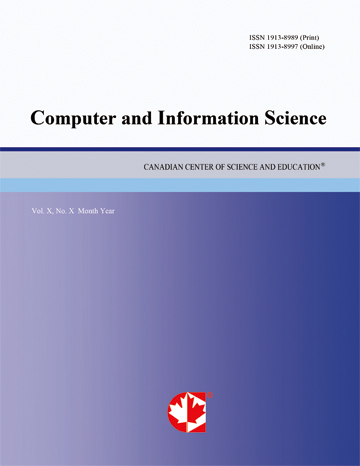Quantum Cryptography for Nuclear Command and Control
- Derek Hall
- Timothy Sands
Abstract
The nuclear inventory of Russia and the USA currently comprises 12,685 warheads in a large network of vehicles; and the interconnected network is managed by a command and control communication system. This command and control communication system (C3) must also relay information from numerous airborne, space-born, and ground sensors throughout the network in potentially degraded environments and are nonetheless meant to securely hold transmissions that must be held to the highest standards of encryption. C3 systems are also arguably one of the most challenging systems to develop, since they require far more security, reliability, and hardening compared to typical communication systems, because they typically must (absolutely) work while other systems fail. Systems used for C3 are not always cutting-edge technology, but they must be upgraded at crucial junctures to keep them at peak performance. This manuscript outlines a blueprint of a way to embed current and future systems with revolutionary encryption technology. This will transform the security of the information we pass to our C3 assets adding redundancy, flexibility, and enhanced speed and insure vehicles and personnel in the system receive network message traffic. Quantum key distribution (QKD) has the potential to provide nearly impregnable secure transmissions, increased bandwidth, and additional redundancy for command and control communication (C3). While QKD is still in its adolescence, how QKD should be used or C3 must be charted out before it can be engineered, tested, and implemented for operations. Following a description QKD functionality, its pros and cons, we theorize the best implementation of a QKD system for C3.
- Full Text:
 PDF
PDF
- DOI:10.5539/cis.v13n1p72
Journal Metrics
WJCI (2022): 0.636
Impact Factor 2022 (by WJCI): 0.419
h-index (January 2024): 43
i10-index (January 2024): 193
h5-index (January 2024): N/A
h5-median(January 2024): N/A
( The data was calculated based on Google Scholar Citations. Click Here to Learn More. )
Index
- BASE (Bielefeld Academic Search Engine)
- CNKI Scholar
- CrossRef
- DBLP (2008-2019)
- EuroPub Database
- Excellence in Research for Australia (ERA)
- Genamics JournalSeek
- GETIT@YALE (Yale University Library)
- Google Scholar
- Harvard Library
- Infotrieve
- Mendeley
- Open policy finder
- ResearchGate
- Scilit
- The Keepers Registry
- UCR Library
- WJCI Report
- WorldCat
Contact
- Chris LeeEditorial Assistant
- cis@ccsenet.org
